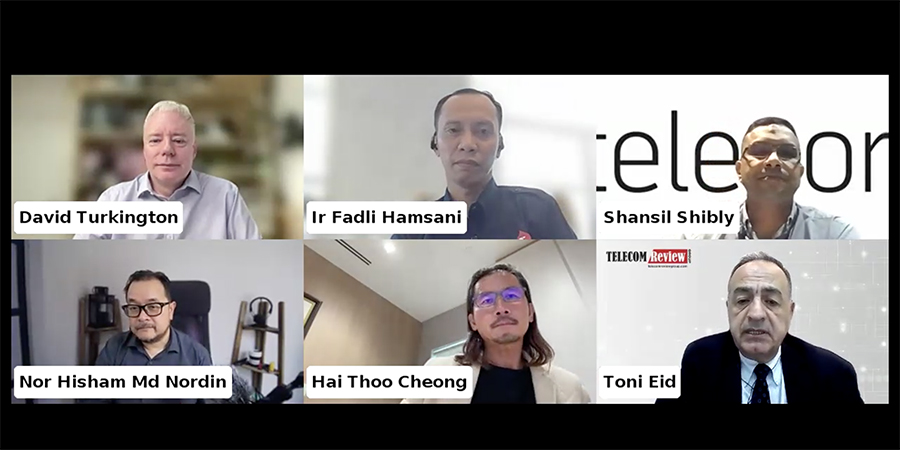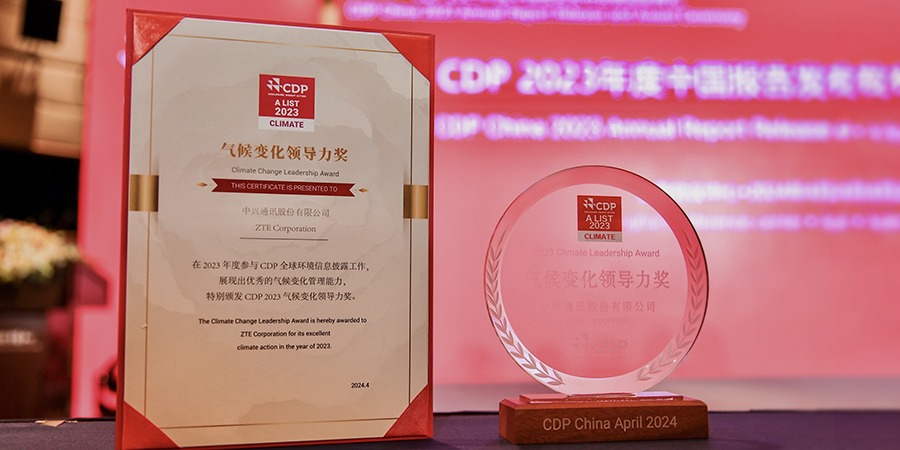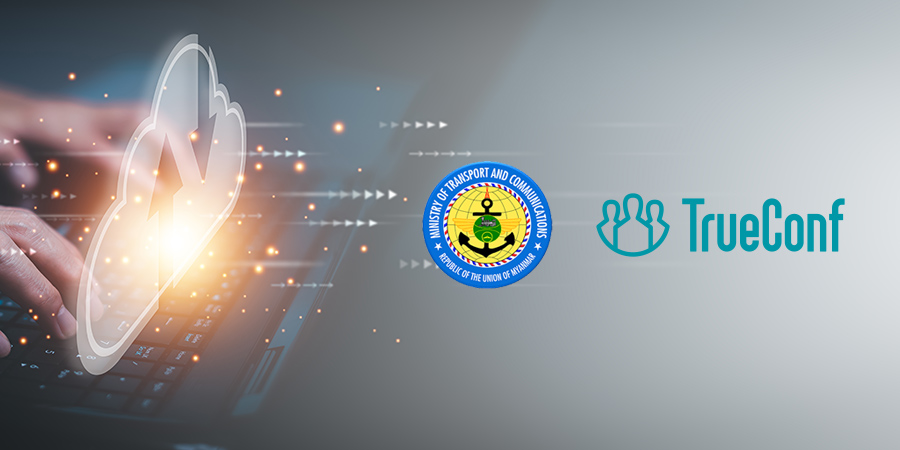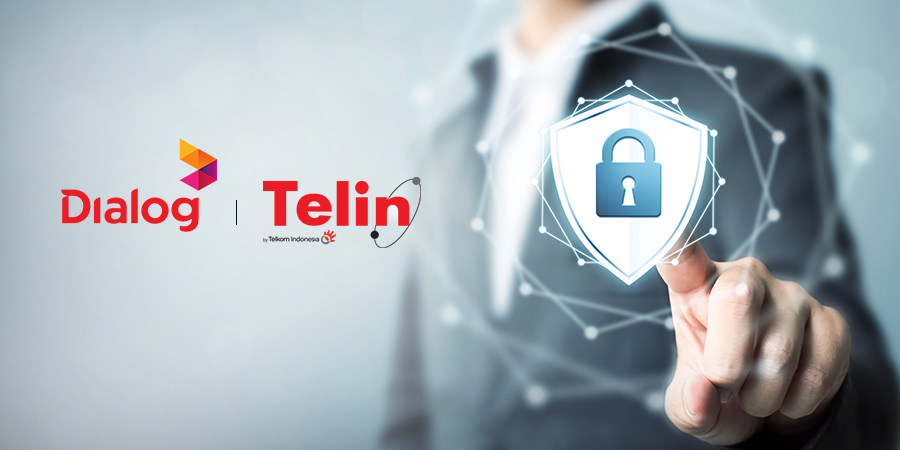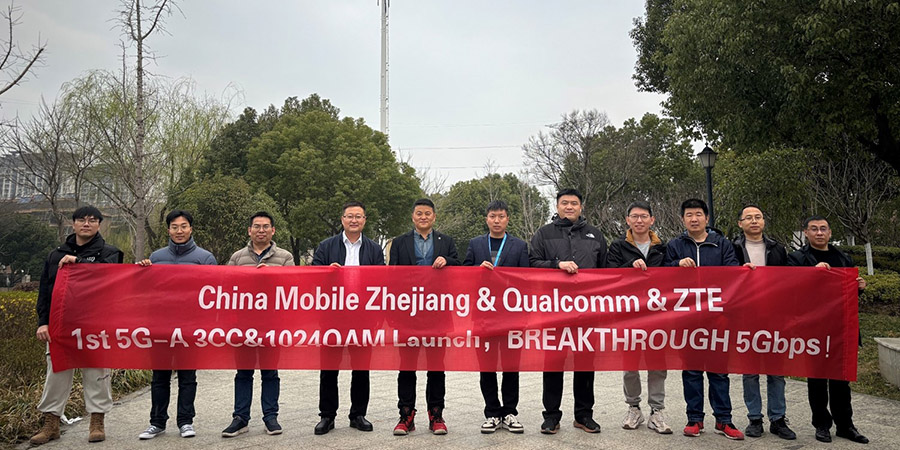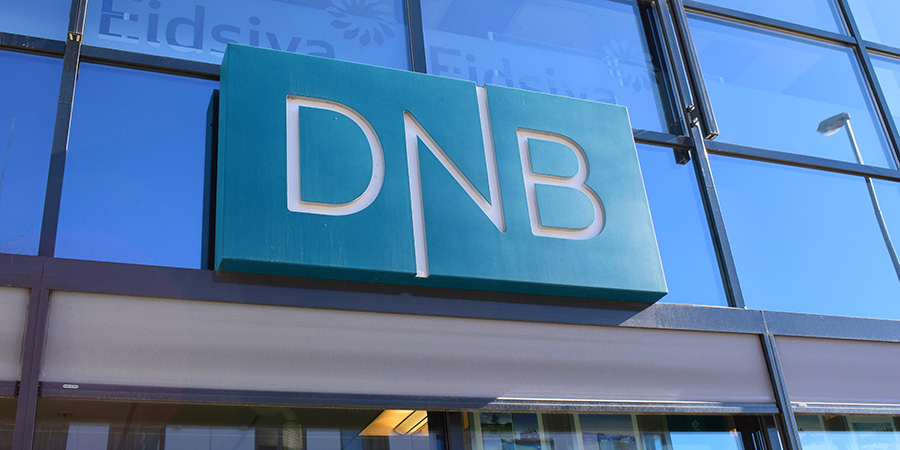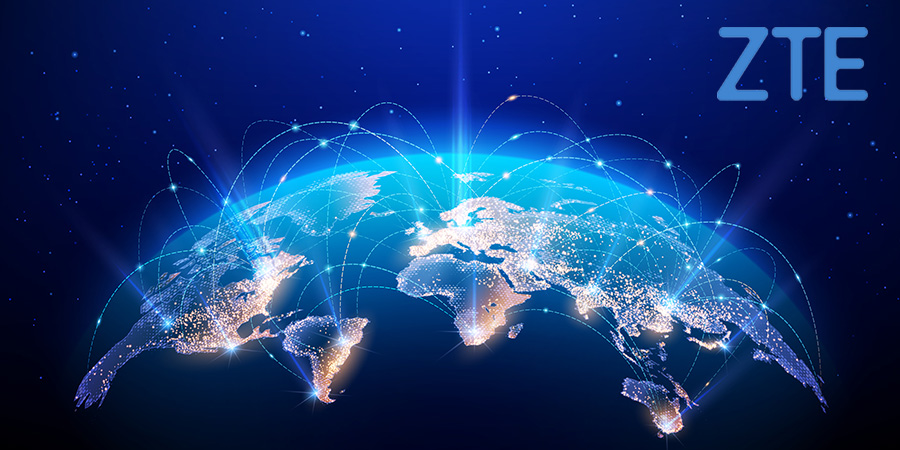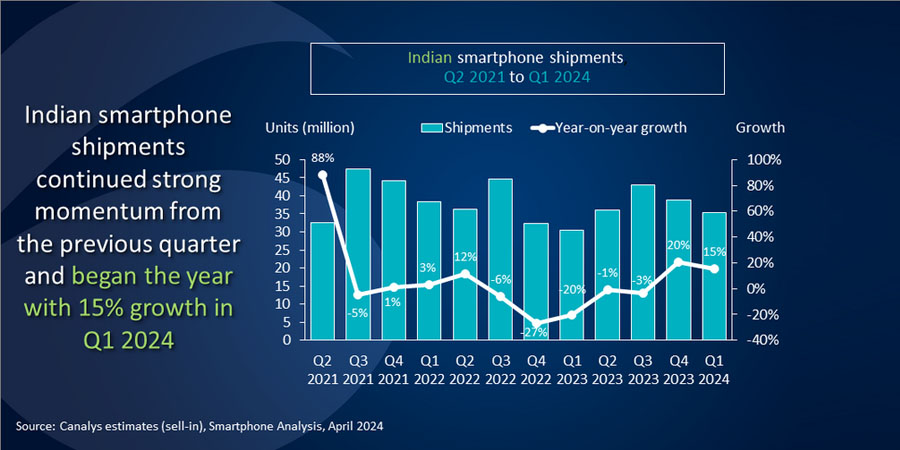ZTE Corporation’s intelligent router products have achieved significant success in the latest multi-vendor interoperability test conducted by the European Advanced Networking Test Center (EANTC).
EANTC has evaluated the performance of different suppliers' equipment in supporting advanced technologies, such as EVPN, SR-MPLS, SRv6, SDN and Time Synchronization.
ZTE’s ZXR10 M6000-SE was tested on the interoperability of SR-MPLS, SRv6 and Time Synchronization. This also marks the first time EANTC has exclusively tested with the new requirement of uSID (SRv6 micro-segment) in the SRv6 interoperability test.
The Multifaceted Benefits of EANTC Testing
During the testing, ZTE’s devices demonstrated exceptional interoperability with equipment from other vendors in a range of scenarios, including L3VPN over SRv6, EVPN Services over SRv6, SRv6 Flexible Algorithm, SRv6 TE with SR Policies, and BGP IPv4/IPv6 Global Routing Table over SRv6. The benefits of the exceptional interoperability demonstrated by ZTE's devices in various scenarios are multifaceted and significant.
The ability of ZTE's devices to seamlessly integrate with equipment from other vendors in diverse scenarios such as L3VPN over SRv6, EVPN Services over SRv6, and SRv6 Flexible Algorithm enhances network flexibility. This flexibility allows for dynamic adaptation to changing network requirements, optimizing resource utilization, and enabling efficient service delivery.
The successful interoperability of ZTE's products in scenarios like SRv6 TE with SR Policies and BGP IPv4/IPv6 Global Routing Table over SRv6 ensures improved service quality. By effectively implementing traffic engineering and routing policies, ZTE's devices contribute to minimizing latency, maximizing throughput, and enhancing overall service performance.
The strong technical foundation established by ZTE's products for the widespread commercial deployment and end-to-end service transport of SRv6 ensures scalability and futureproofing of network infrastructures. As network demands evolve and technologies advance, ZTE's devices are well-equipped to scale and adapt, supporting the seamless introduction of new services and accommodating growing traffic volumes.
Establishing a Strong Technical Foundation
The findings of this study highlighted the efficacy of ZTE's products in improving the efficiency of the SRv6 segment, establishing a strong technical foundation for the widespread commercial deployment and end-to-end service transport of SRv6.
ZTE's long-standing commitment to developing router devices has been essential in acquiring extensive experience and technological expertise. For over a decade, ZTE has constantly demonstrated the advancement and reliability of its router products and solutions by participating in EANTC tests.
ZTE is fully committed to offering its global customers with exceptional products and solutions and aims to foster collaborative partnerships and advance innovations in communication worldwide.





